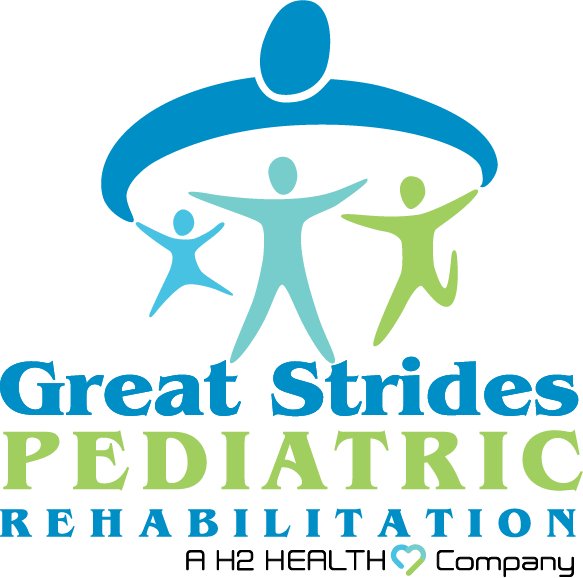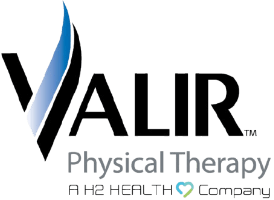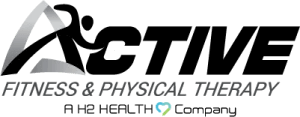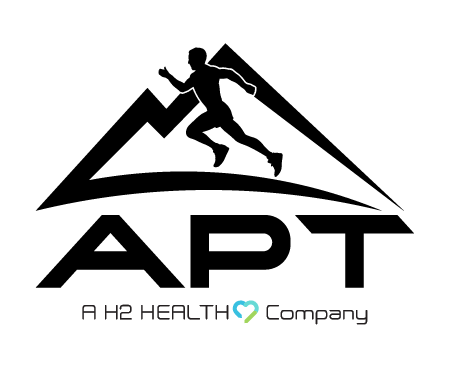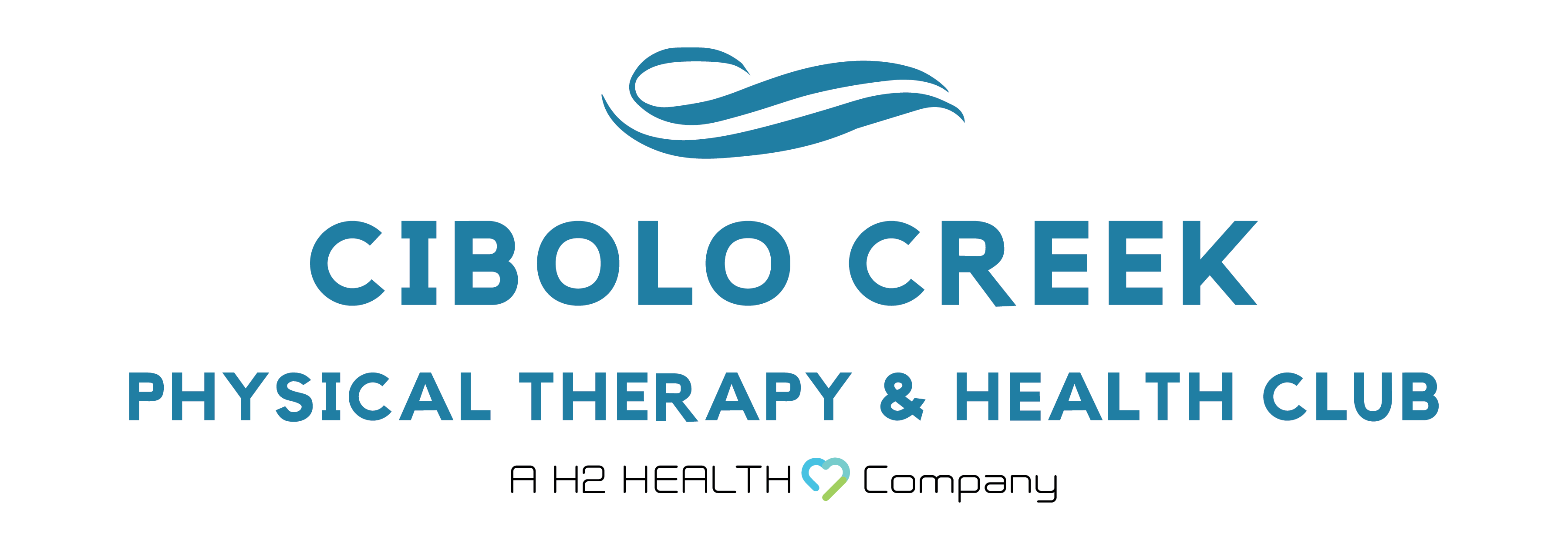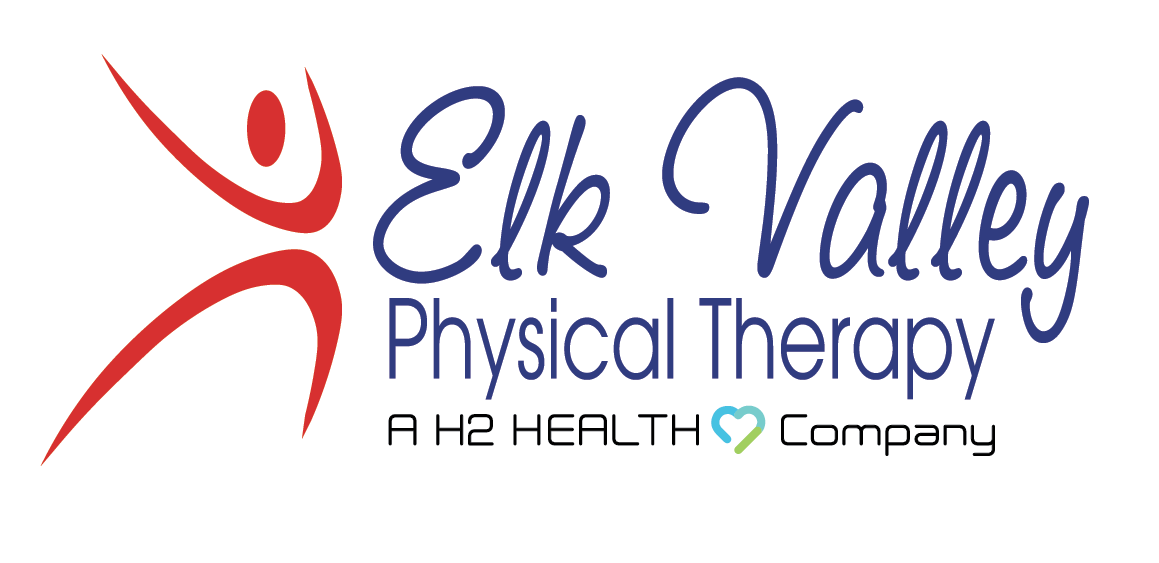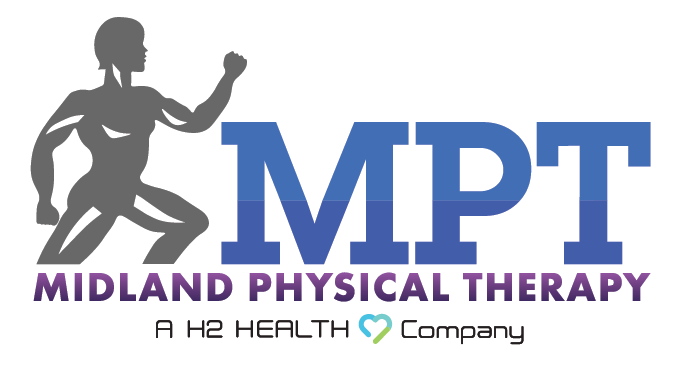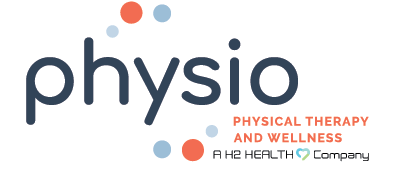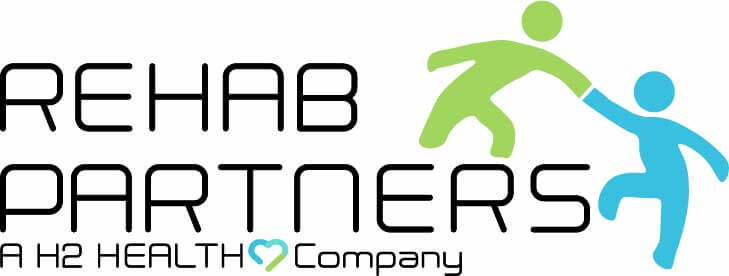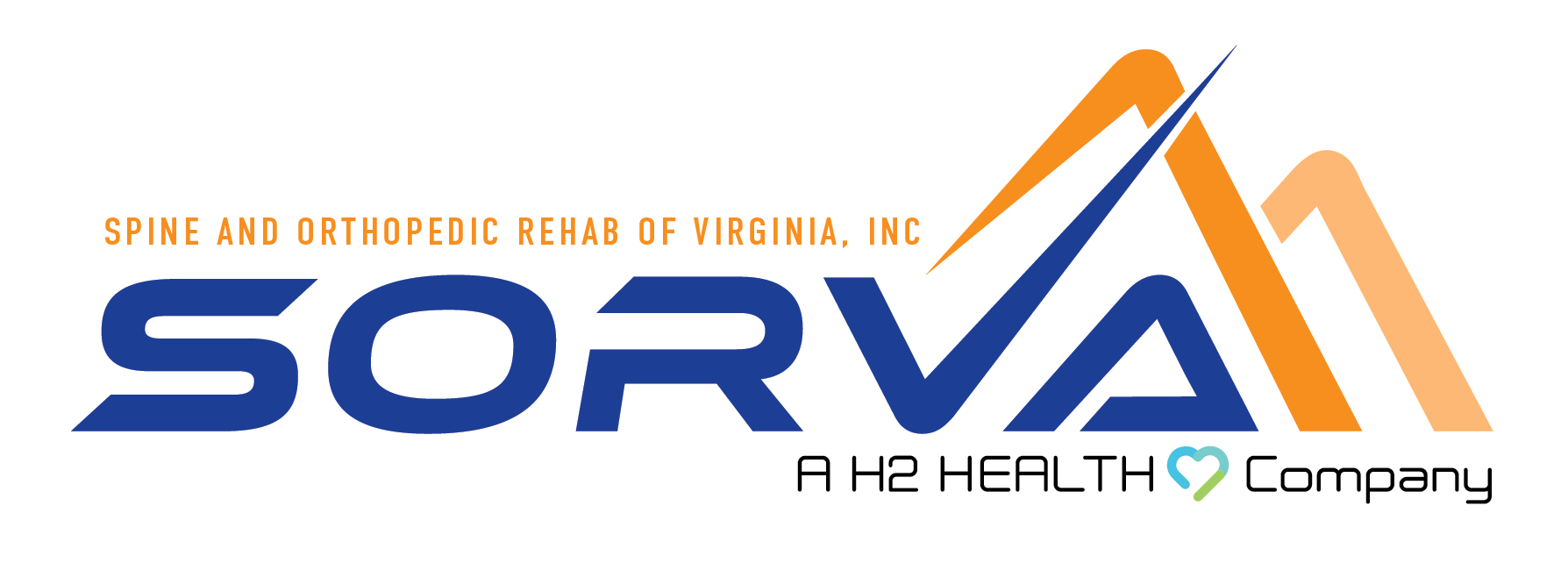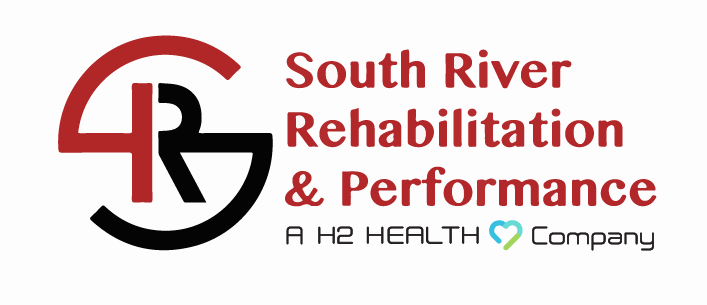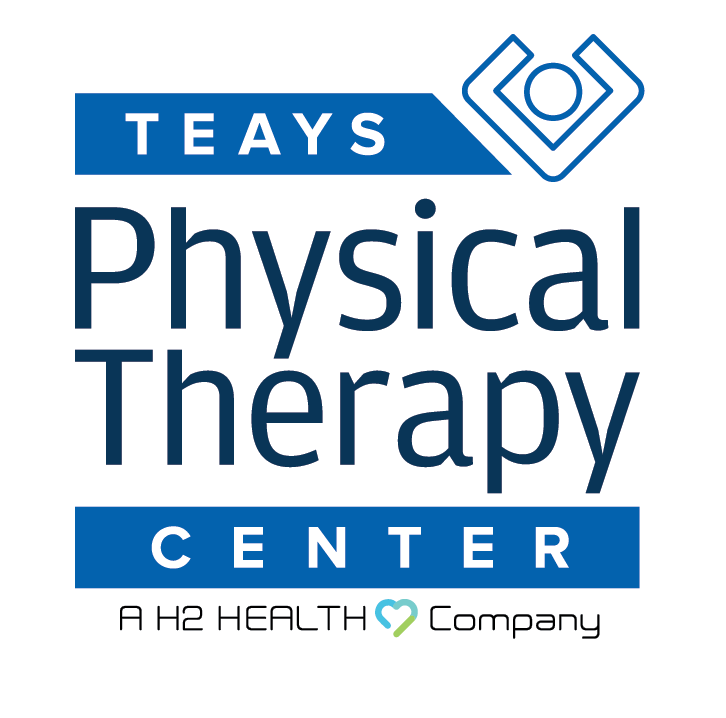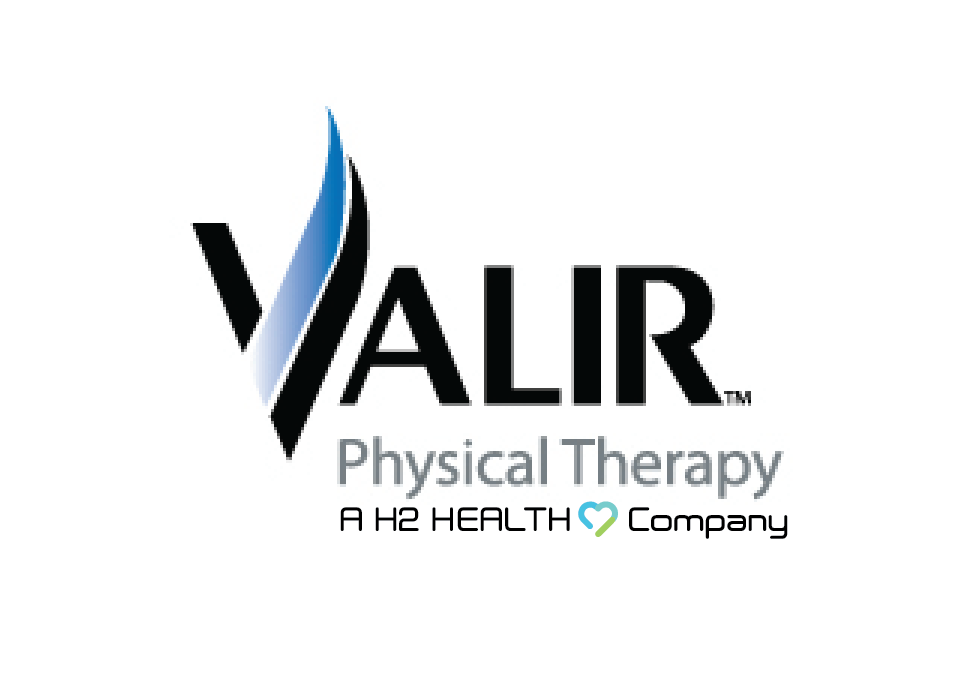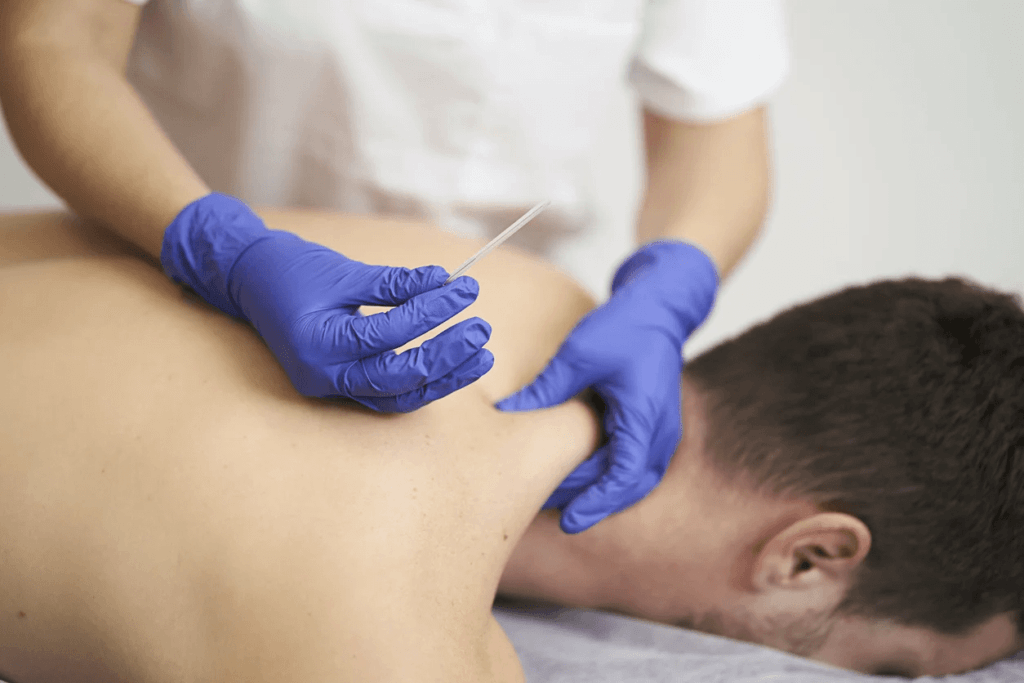
Dry needling is an effective, minimally invasive musculoskeletal treatment for pain, movement problems, poor circulation, and more. It is often performed in the physical therapy office, frequently combined with other modalities, such as massage therapy.
Let’s discuss how dry needling works and where to find a practitioner.
How Dry Needling Works
Dry needling utilizes thin, filiform needles of various thicknesses and lengths to penetrate painful areas of skeletal muscle. These tight muscle bands are called trigger points, and once stimulated, they cause discomfort, tenderness, decreased range of motion, and even referred pain.
Once a physician and physical therapist medically clears a patient for this non-operative service, he or she receives it over several sessions in a qualified physical therapy office. During the treatments, the therapist actually probes and massages the painful areas of the body, stimulating a symptomatic response.
Then, the therapist cleanses the skin and inserts varying numbers of dry needles (they contain no medication of any kind) deep into the muscle. This action increases blood flow and the body’s own healing factors.
In effect, the bands of muscle (trigger points) further contract and then completely relax. Pain dissipates, along with natural toxins, such as excess lactic acid. For the most part, needles stay in place in the skeletal muscles for 10 minutes or more, and then the therapist gently removes each one.
Dry needling may help patients who are suffering with:
- Neck and upper back pain
- Gluteal and hip pain
- Sciatica and lumbar pain
- Tendonitis (Achilles heel tendonitis as an example)
- Rotator cuff strains in the shoulder
- Temporomandibular joint syndrome (jaw joint pain and stiffness)
- Headaches and migraines
- Arthritis
- Fibromyalgia
- Tennis or golfer’s elbow, inflammation of the tendons in the forearm due to sports overuse
- Plantar fasciitis, inflammation of the connective tissue in the arch of the foot
Bruising soreness and fatigue are common side effects of dry needling. However, these resolve quickly, and physical therapists adjust treatment plans as needed according to the feedback patients give them after dry needling sessions.
Contraindications for dry needling treatments include:
- Taking blood thinners
- Pregnancy
- Certain skin conditions
- Fear of needles
Who Delivers Dry Needling Treatments Near Me?
Physical therapists who have received specific training and certification in this pain management procedure are qualified to deliver dry needling treatments. Along with dry needling, your local H2 Health facility offers many on-site services, including physical, occupational, and speech therapies, balance and dizziness training, aquatic therapy, workers’ compensation evaluations, and treatments, and much more.
To find an H2 Health facility near you, please consult our homepage, and fill in our appointment request form. Or, simply phone (800) 699-9395 to speak with a friendly office team member. Ask about dry needling. We look forward to hearing from you soon.

